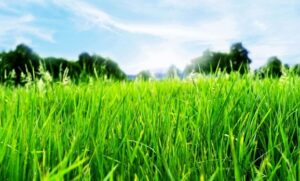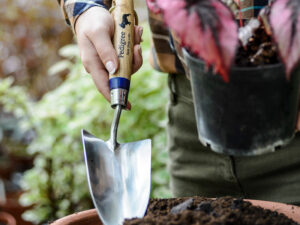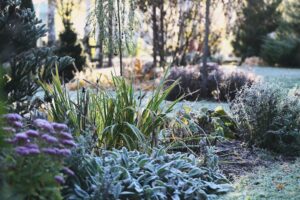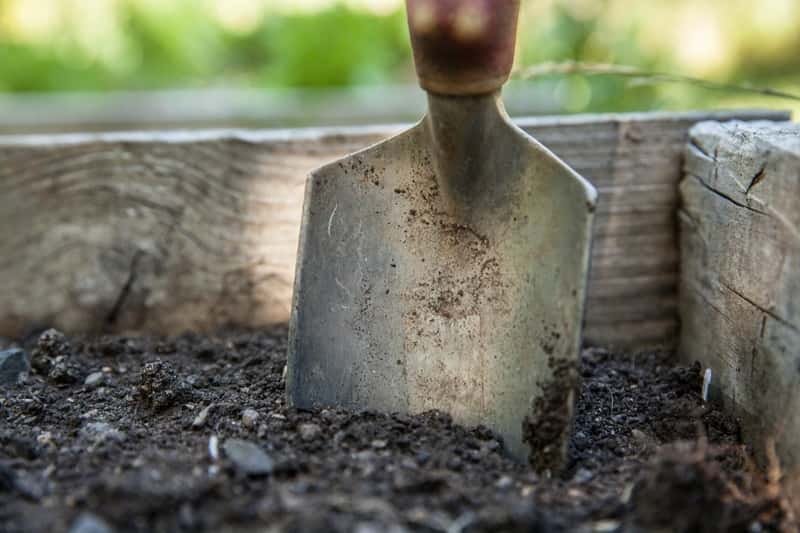
Why should you have an allotment?
Not only is gardening a relaxing pastime and a great excuse to get outside in the fresh air, but having your own allotment will provide you with a ready supply of fresh, organic fruit and vegetables throughout the year. The sense of achievement that comes with a successful harvest and the excitement of planning what to plant for the next growing season make allotments an exciting hobby no matter your age or experience at gardening.
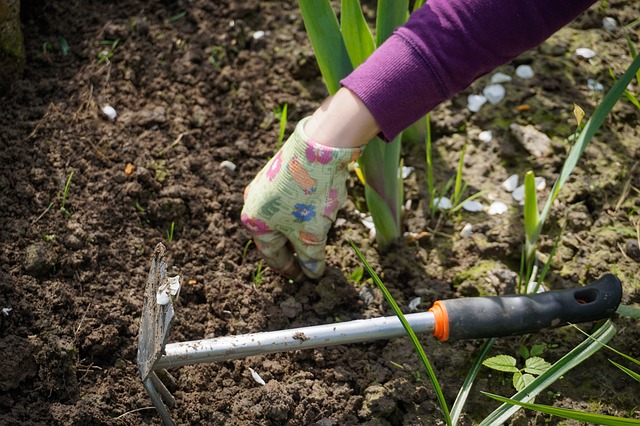
Do you need to have green fingers to have a successful allotment?
Having some experience with plants will help, but if you get stuck there are many resources from books and gardening magazines, to online blogs and video channels run by experienced gardeners, as well as The National Allotment Society that can give some useful tips. Other allotment holders will also be more than willing to offer help and advice based on their experiences. Beans, peas, onions, garlic, salad leaves and tomatoes tend to be good to start with if you’re in need of a confidence boost. You’ll learn a lot as you go on and you’ll be able to try more and more adventurous crops each season.
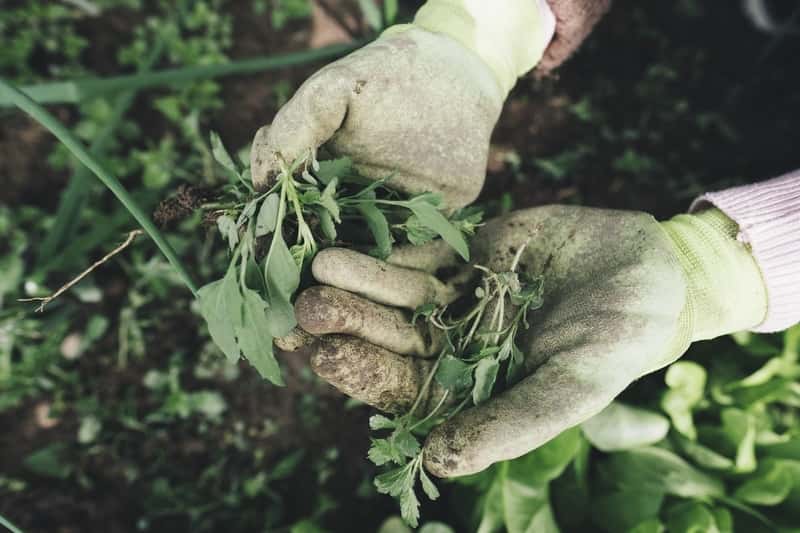
How to choose what to grow in your allotment
What to grow depends on a number of things, the first of which is what you like to eat and what is likely to get eaten.
It would be a shame if after all that hard work the food went to waste. If you do end up with any spare crops you may be able to offer them to other allotment holders or to friends and family. Another important consideration is how much room you have – if it’s a small plot you may wish to think about the size of the crops and which types you’re more likely to eat.
If possible, talk to the other plot holders or if you’re at home, talk to any green-fingered neighbours to see what they have had success with and if they have had to add any extra ingredients like mulch to the beds. If there is something particular you want to grow, you should research what plants grow well with it, as well as which ones don’t, to make sure you provide the best conditions possible. Some flowers, like marigolds and lavender can also be great for attracting those insects that will protect your plants from other species that may decimate your hard work!
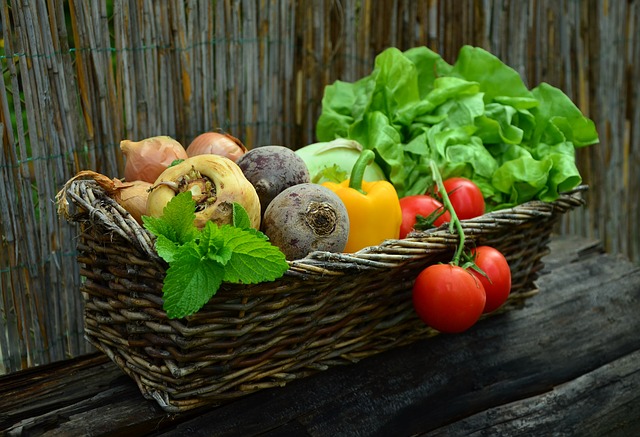
How much space should I leave between each plant?
The amount of space will depend upon the size of plants you have. The Square Foot Gardening method can help to organise your first plot and make sure that all of your plants have plenty of room to grow. Try to picture how big it will be when fully grown – or how large you will be allowing it to grow.
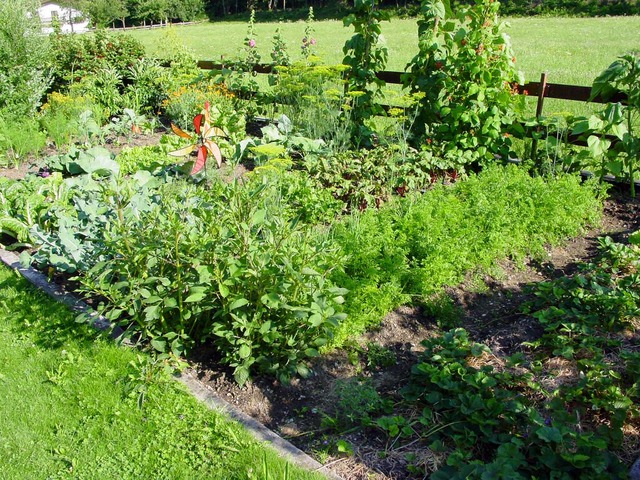
How to protect your crops from insects, bugs and animals
As previously mentioned, planting flowers to attract bigger insects can protect your crops from being eaten by the smaller bugs, as well as it being an alternative to pesticides. You can also use insect mesh to try and protect the crops. If there is a risk of your crops being dug up, you can also try using landscape fabric to make it more difficult
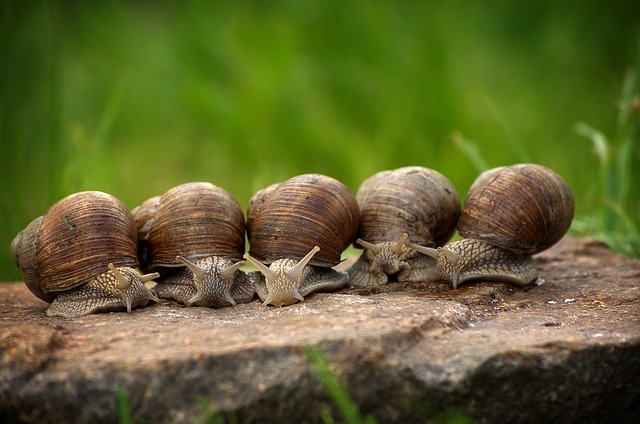
How often do I need to check in on my allotment?
This depends entirely on what you are growing. If you’re growing crops that will need to be picked regularly when they are ripe, such as tomatoes or strawberries, you might want to visit your allotment every two or three days so you don’t miss out on the ‘fruits of your labour’. Potatoes, onions and plants like rhubarb need less attention, so as long as they are well-watered, you can leave them alone a lot longer. It is best to allow around four to eight hours a week in the beginning, in case you need to perform some TLC. If it’s going to be a while between watering sessions, add bark mulch to cover and shade early on to retain moisture, or consider other ground-shading plants.
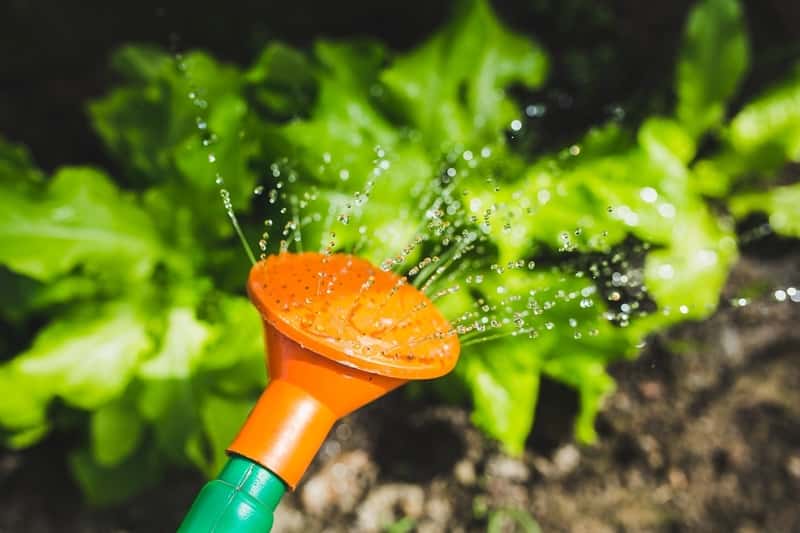
When should you expect your plot to start producing?
This depends on what you have planted and if it is within the ideal sowing season. If you are using seedlings or established plants, you can expect to harvest some of your crops a lot sooner. Established plants are more expensive than seeds and you should investigate the plants you are thinking about using to make sure that you will get food within your preferred timeframe.
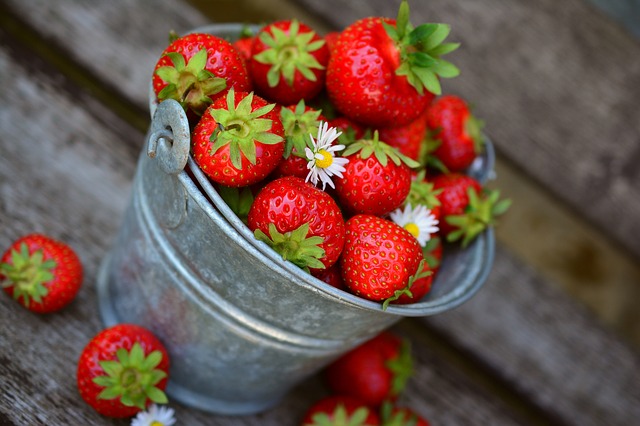
Earth Cycle products for your allotment
Earth Cycle has plenty of peat-free and organic products for your allotment. Our organic composts and organic topsoils are packed with all the nutrients your allotment needs to thrive. We also have a handy allotment gardening project page that has all the products your allotment will need.

